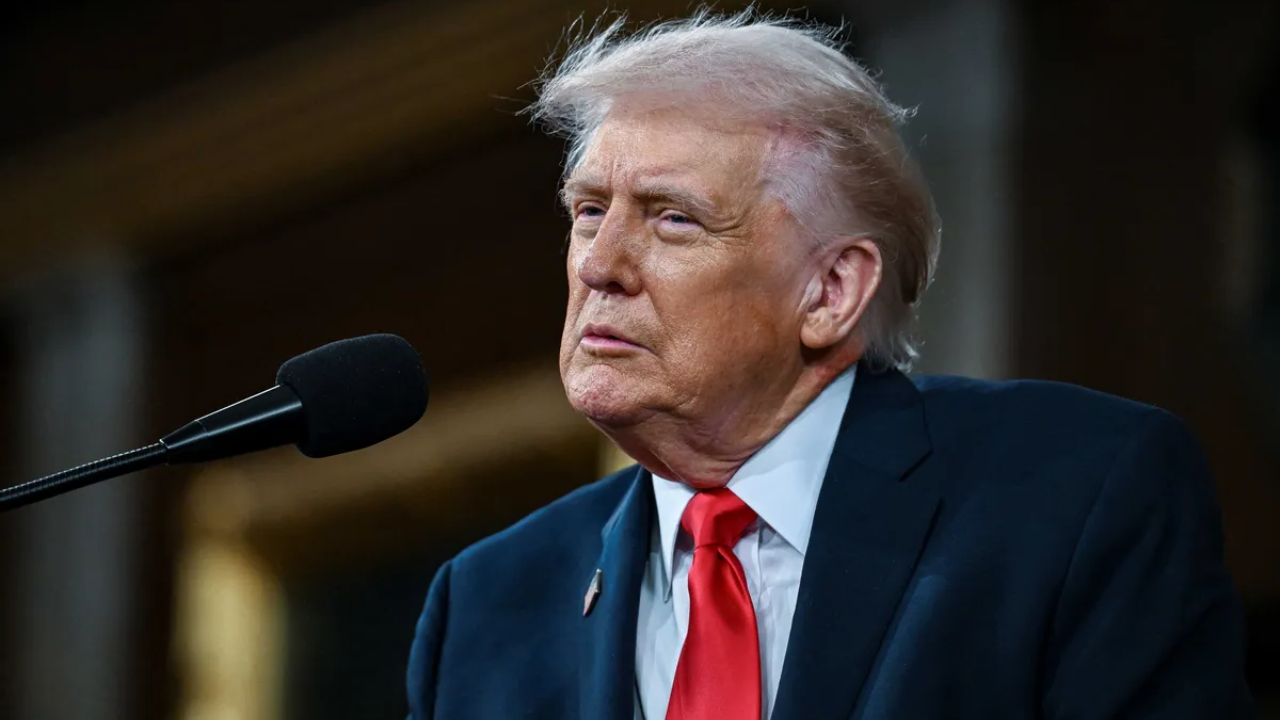For decades, a clever trick has been used in India to turn black money into white: buying rural agricultural land with under-the-table cash and then selling it years later at full market value, tax-free. But a recent ruling by the Income Tax Appellate Tribunal (ITAT) on May 27th might just put an end to this long-standing scam.
Thank you for reading this post, don't forget to subscribe!The Old Playbook: How Black Money Became White
Here’s how the scheme traditionally worked:
Imagine you had ₹5 crore in unaccounted cash. You’d find a farmer and agree to buy his ₹7 crore piece of rural agricultural land. On paper, however, the sale deed would only show ₹1.5 crore. The farmer would pocket the remaining ₹5.5 crore in cash, off the books.
A few years down the line, you’d sell the land for its full ₹7 crore value, this time through a legitimate bank transfer. Crucially, because rural agricultural land isn’t considered a “capital asset” under Indian tax law, there was no capital gains tax on the sale. The initial under-valuation? It simply went unnoticed, and your ₹5.5 crore in black cash was now squeaky clean.
The Game Changer: What the ITAT Ruling Means
The ITAT’s landmark decision changes everything. Under Section 56(2)(x) of the Income Tax Act, the difference between a property’s market value and its declared transaction price can now be taxed as “income from other sources”—even if the asset is rural agricultural land.
This is a monumental shift. Until now, such land was exempt from capital gains tax, and buyers easily avoided scrutiny by under-declaring purchase prices. But with this new interpretation, the moment you use that ₹5.5 crore in hidden cash to buy the land, it becomes taxable.
While the capital gains exemption on selling the land still applies, the primary money-laundering move—converting black cash into white by buying cheap on paper and selling high later—now triggers a full income tax at the purchase stage.
In simple terms: under the old rules, you could buy agricultural land for ₹1.5 crore on paper, pay ₹5.5 crore in black cash, and then sell it later for ₹7 crore in white money, no taxes or questions asked. Now, according to the ITAT, that ₹5.5 crore is taxable the instant you hand it over.
Your black-to-white money conversion might still look clean on sale, but the taxman will now get his share upfront. If higher courts uphold the ITAT’s interpretation, this long-used loophole for sanitizing undisclosed income may be as good as dead.
















